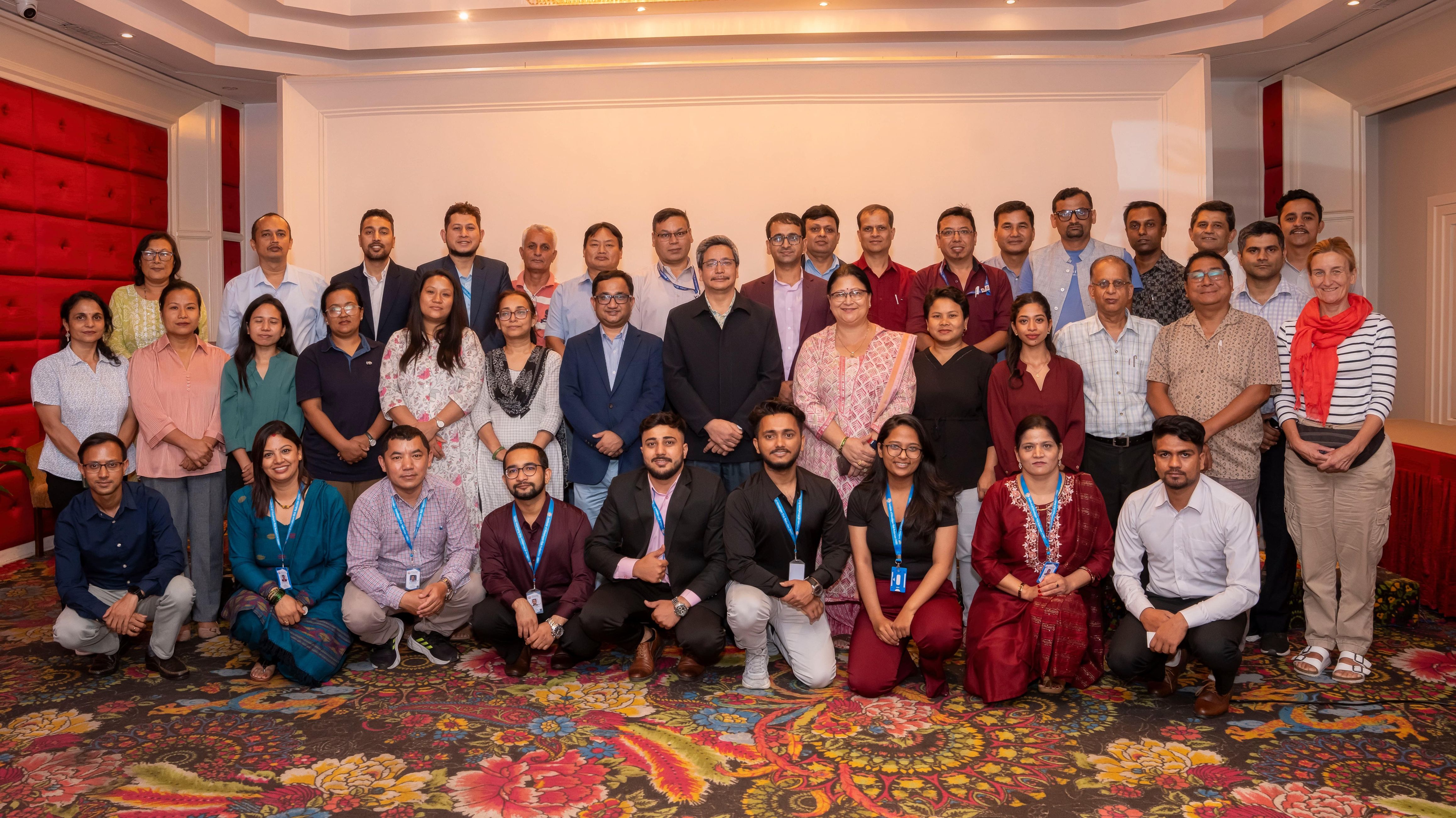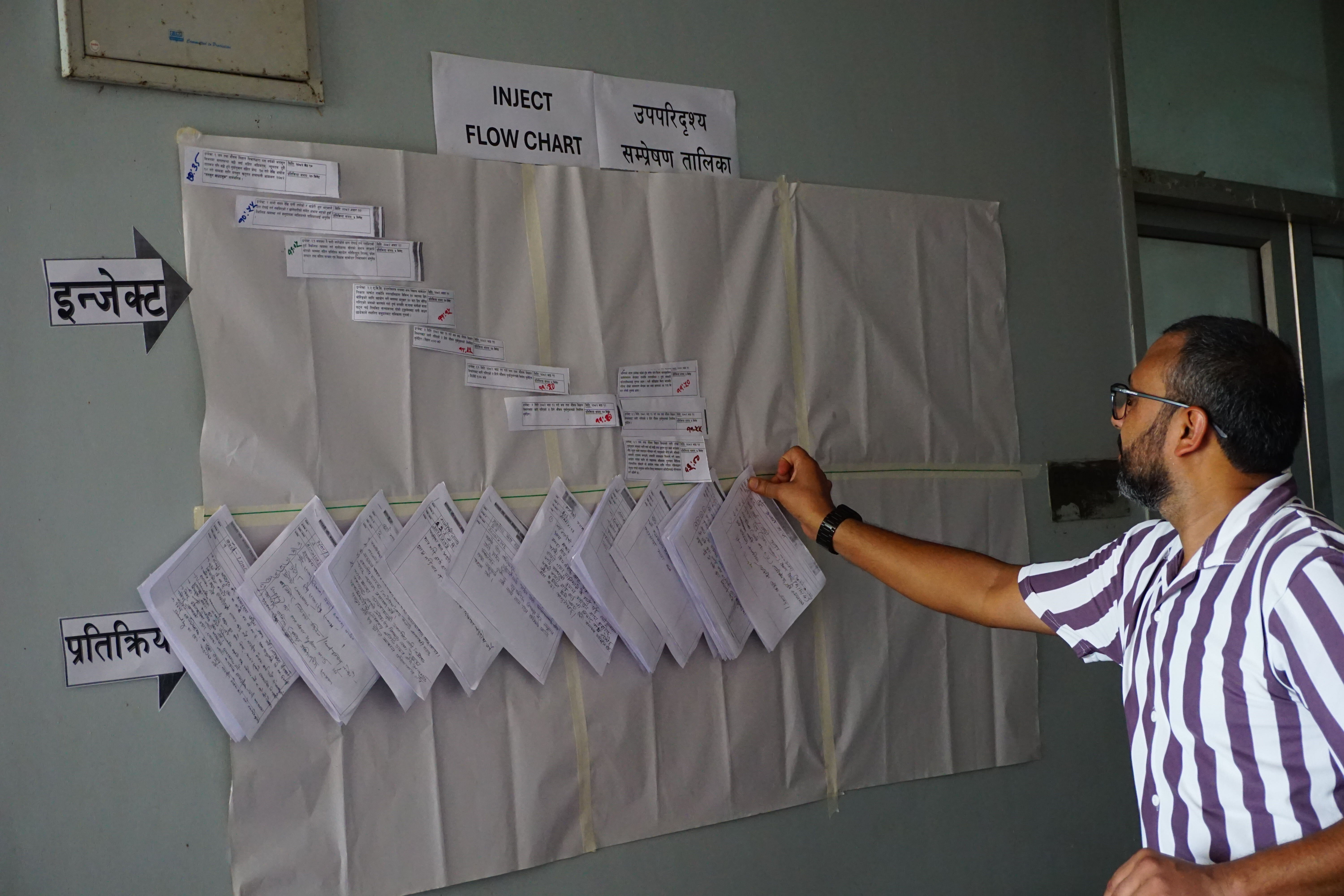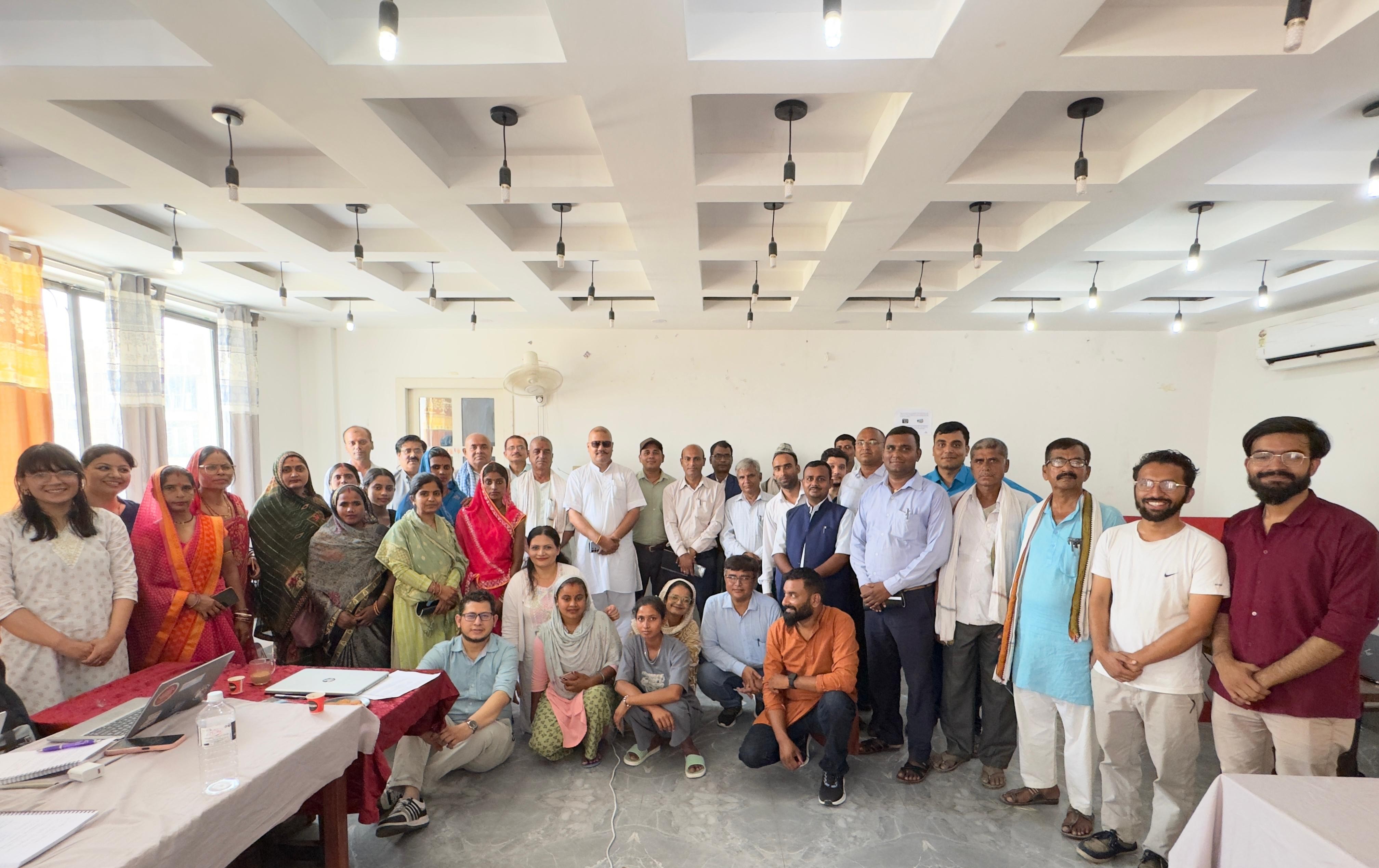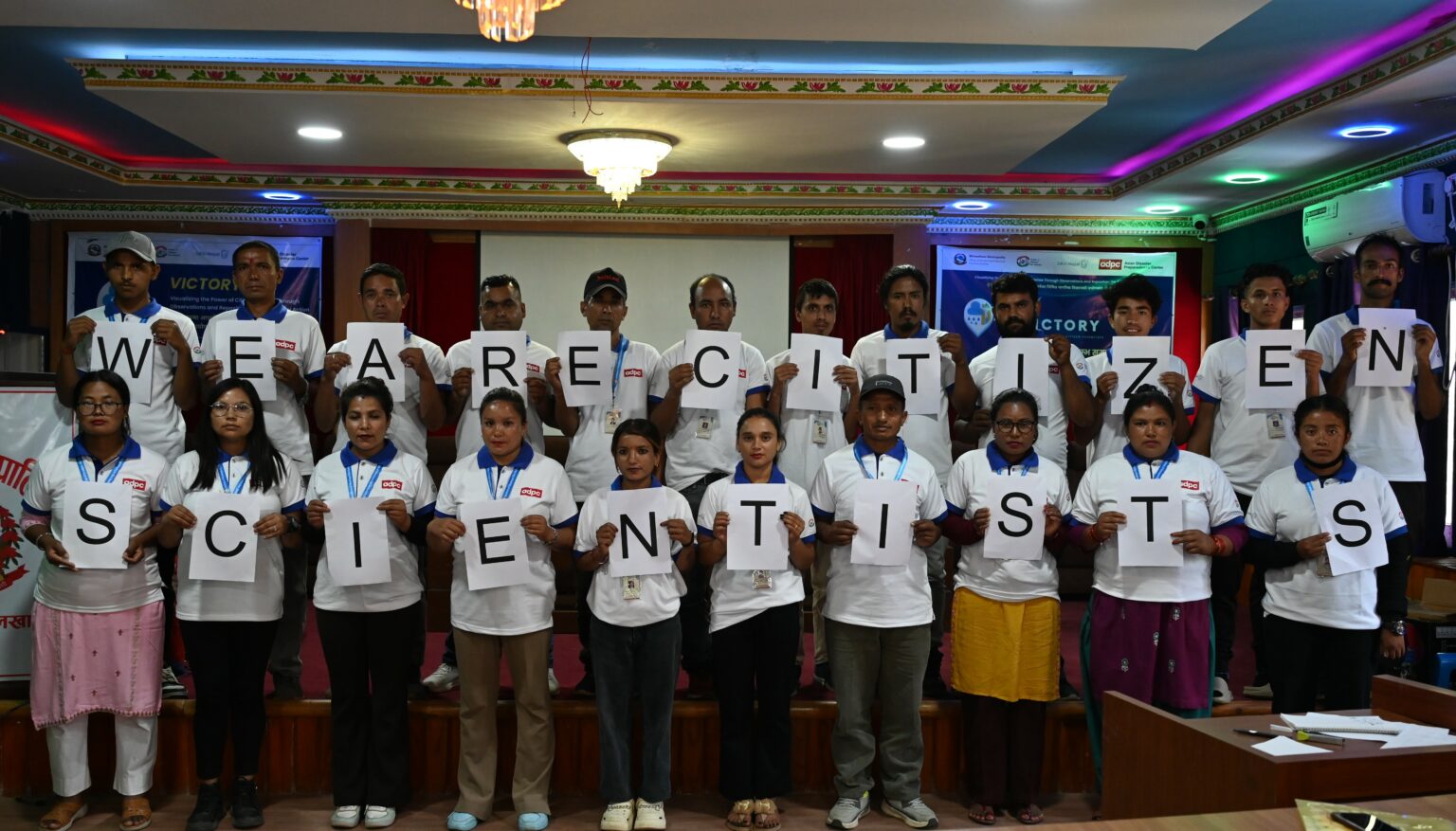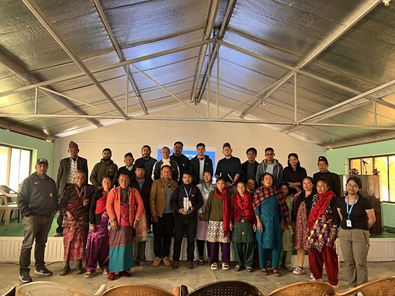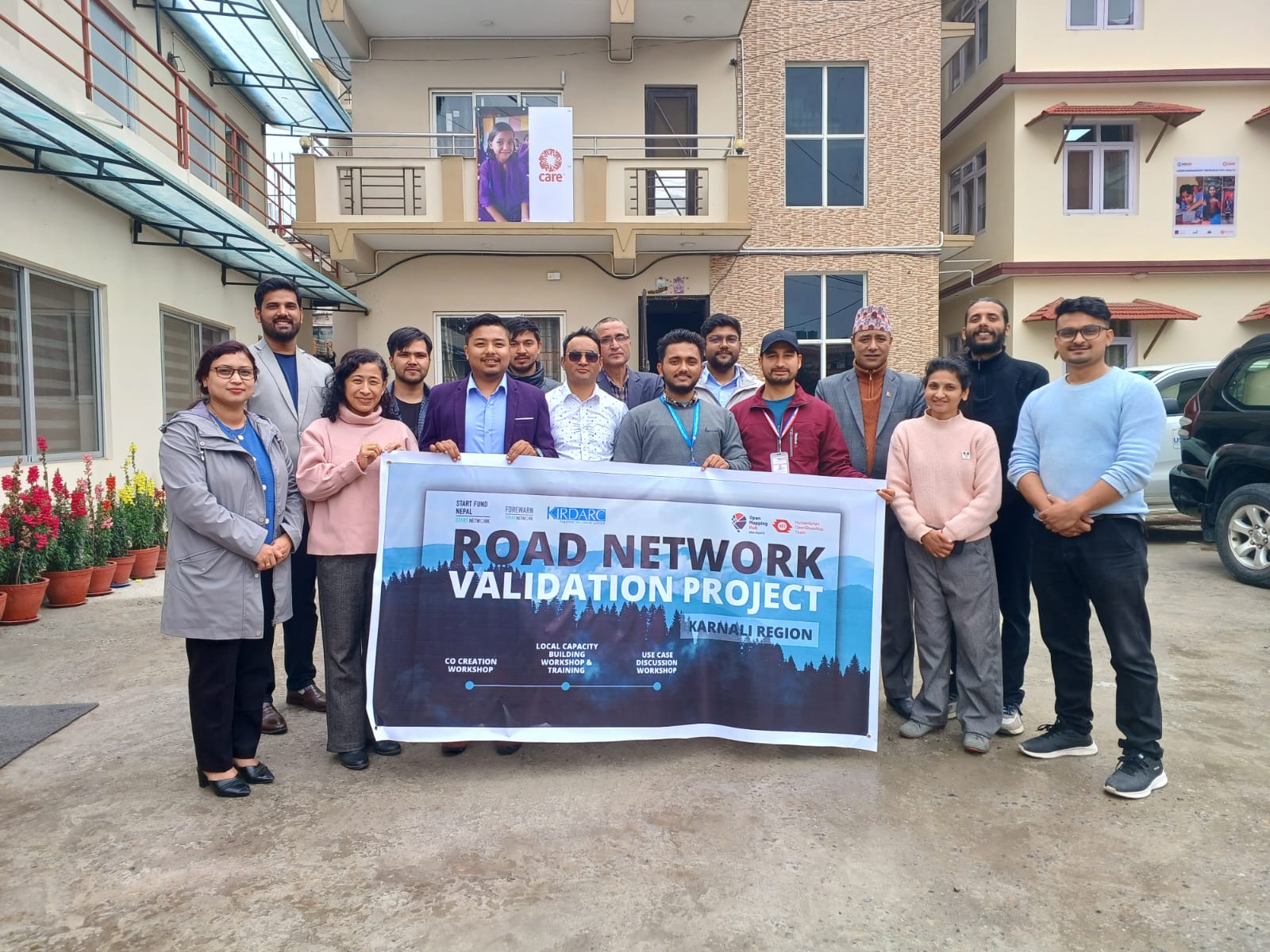The Consultation Workshop on Environmental and Social Impact Assessment (ESIA) for the HydroSOS Nepal Project was successfully held on August 2 at the Himalaya Hotel. This event, organized by the Department of Hydrology and Meteorology (DHM) and facilitated by the Institute of Himalayan Risk Reduction (IHRR), with support from the World Meteorological Organization (WMO), marks a significant step towards the submission of the HydroSOS project to the Adaptation Fund. The primary goal of this initiative is to enhance climate resilience across Nepal.
The HydroSOS project aims to establish a Regional Hydro-Meteorological Early Warning System that integrates short-term and seasonal forecasts into a Long-term Water Resource Information System. This system is designed to protect communities throughout Nepal from the severe impacts of floods and droughts, which are becoming increasingly frequent and severe due to climate change.
The workshop brought together a diverse group of participants, including government officials, development partners, and community stakeholders, to discuss the environmental and social implications of the HydroSOS project. The discussions focused on the challenges and opportunities associated with implementing the early warning system in various regions of Nepal. This inclusive approach ensures that the project’s design reflects the needs of all stakeholders involved.
During the workshop, participants shared valuable insights from recent field visits to key sites in Nepal, including the Dolakha and Jhapa districts. These visits provided a firsthand understanding of the local context and the specific needs of the communities that will benefit from the HydroSOS project. A key focus of the discussions was ensuring that the early warning system is accessible to all, particularly vulnerable populations such as women, persons with disabilities, and marginalized communities. The preliminary findings from these visits indicated strong community support for the project, underscoring the importance of effective communication strategies in disseminating early warnings.
The primary objective of the workshop was to gather feedback from stakeholders on the ESIA process and to ensure that the HydroSOS project aligns with the needs and expectations of local communities across Nepal. Participants were actively engaged through technical presentations, group discussions, and interactive sessions that facilitated the exchange of ideas and best practices. This collaborative approach not only enriched the ESIA process but also fostered a sense of ownership and commitment among all stakeholders.
In concluding the workshop, stakeholders reaffirmed their commitment to working collaboratively to build resilience for the millions in Nepal who depend on these vital water resources. The preliminary ESIA findings underscored the need to address potential environmental and social impacts, such as disruptions to local ecosystems, while prioritizing the protection of vulnerable communities. The workshop highlighted the importance of developing a comprehensive risk management plan that includes ongoing monitoring, proactive community engagement, and adaptive strategies to address any challenges that may arise. By incorporating the valuable feedback from stakeholders, the HydroSOS project is better equipped to meet its objectives. This approach ensures that the project not only minimizes its environmental and social impacts but also aligns closely with the aspirations and needs of the communities it aims to serve in Nepal, paving the way for a resilient and sustainable future in the country.
#ClimateResilience #EarlyWarningSystem #ESIA #HydroSOS #AdaptationFund #WMO #IHRR #Nepal
